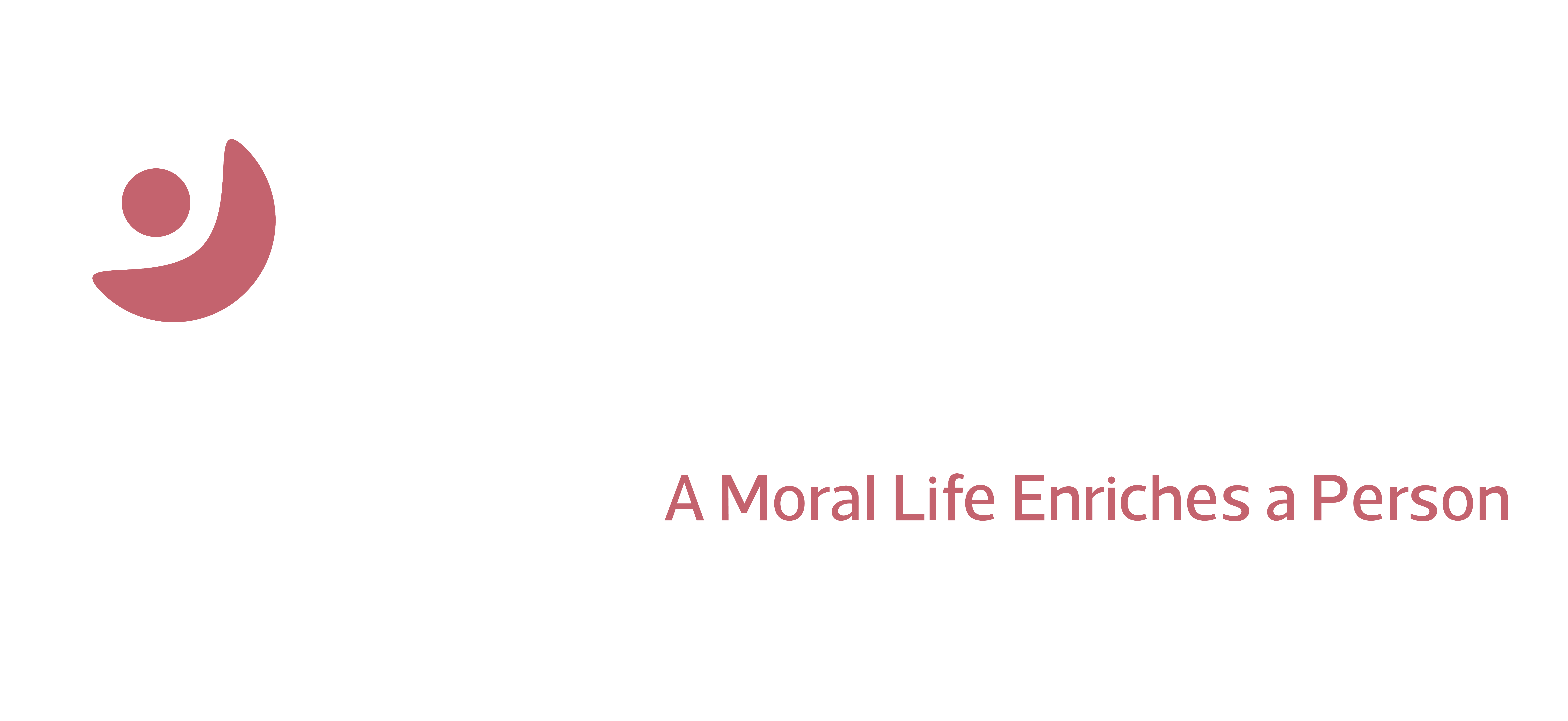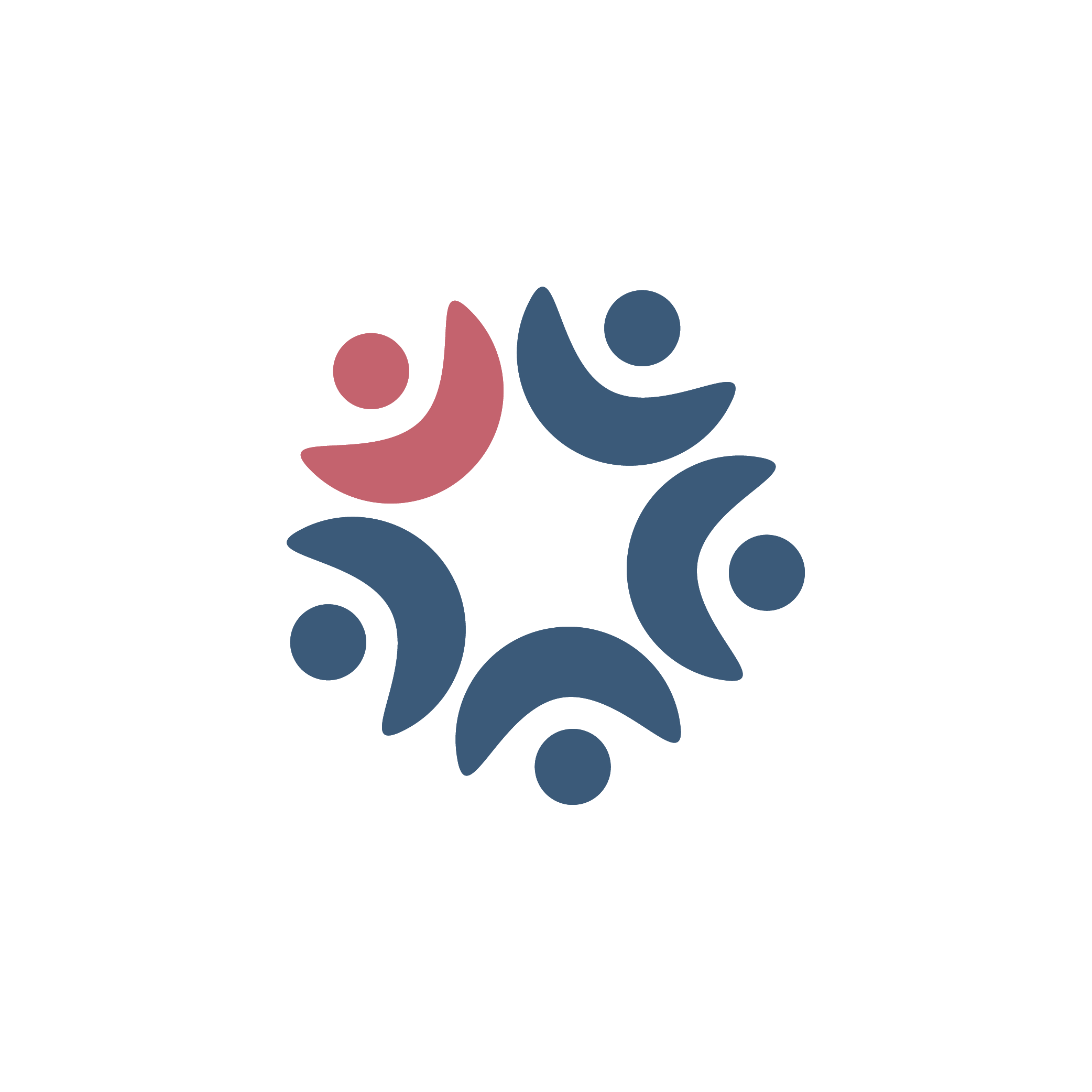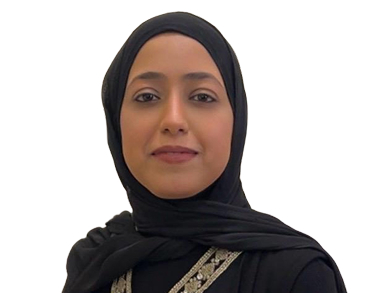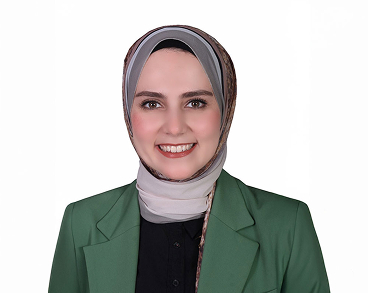Motor Disability
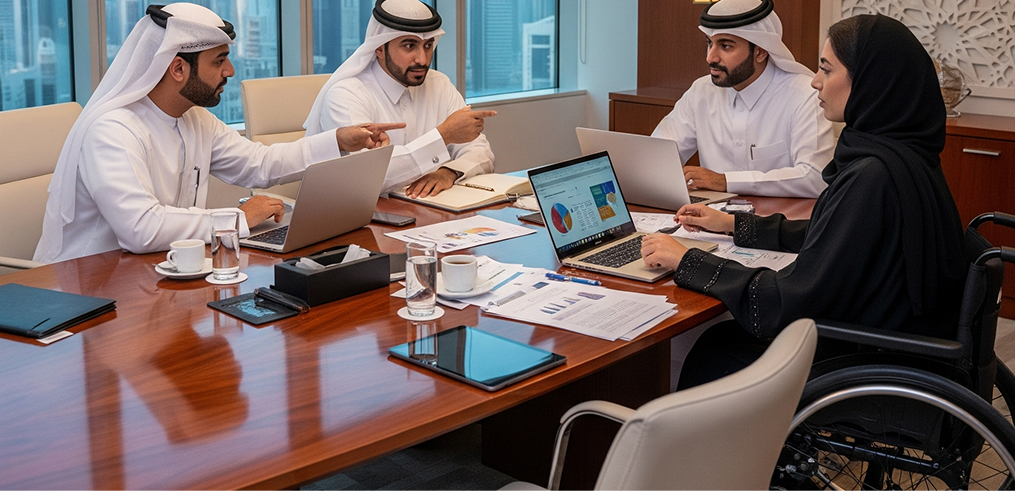
Program Benefits
Creating an Inclusive and Accessible Work Environment
Ensuring that all employees can easily access and engage, regardless of their abilities.
Overcoming physical and intangible barriers to create an environment of equal opportunities.
Increasing awareness and understanding of the diverse needs and abilities of colleagues.
Improving the Quality of Daily Interactions and Reducing Misunderstandings (Thanks to Etiquette)
Applying professional etiquette ensures smooth, respectful, and clear interactions, reducing friction and misunderstandings.
Knowing appropriate communication and support manners prevents embarrassment or unintended offense and enhances mutual trust.
Etiquette helps create a professional and comfortable workplace where everyone feels respected and valued.
Fostering Team Spirit and Effective Collaboration
Building bridges of understanding and empathy among team members through deeper appreciation of different perspectives.
Boosting productivity and creativity by enhancing communication and close collaboration among colleagues.
Developing Employees’ Professional and Personal Competencies
Acquiring advanced communication skills characterized by clarity, flexibility, and adaptability to different situations and individuals.
Enhancing emotional and social intelligence, and the ability to interact sensitively and effectively.
Raising Job Satisfaction and Commitment
Strengthening the sense of appreciation, support, and genuine belonging for all employees, including those with intellectual disabilities.
Increasing motivation and loyalty to the organization by creating a positive and fair work environment.
Attracting and Retaining Top Talent
Enhancing the organization’s appeal as a preferred workplace that values diversity and invests in developing its workforce.
Improving employee retention rates by providing a supportive and motivating work environment.
Enhancing the Organization’s Leading Reputation
Establishing the organization as a role model in applying social responsibility and diversity and inclusion principles.
Increasing clients’, partners’, and society’s trust in the organization’s values and ethical practices.
Full Compliance with Legal and Ethical Standards
Ensuring complete alignment with all laws, regulations, and standards related to the rights of persons with disabilities and accessibility.
Avoiding potential legal risks and reinforcing commitment to ethical standards and social responsibility.
Program Modules
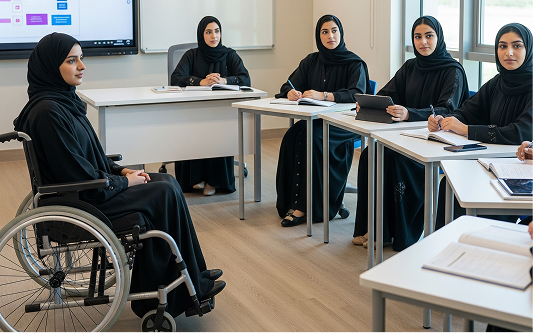
Colleagues without physical disabilities
15 training hours
